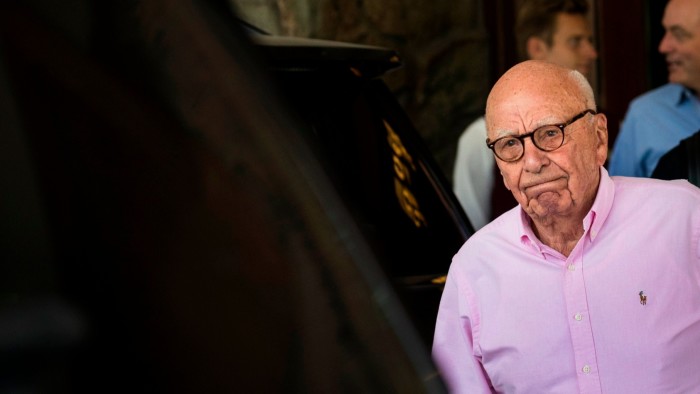
Gautam Adani has become one of India’s most visible tycoons, the rise of his business empire closely associated with the fortunes of its economy. Claims from Hindenburg Research, a New York-based short seller, that Adani has engaged in stock manipulation and accounting fraud are a defining test for India Inc. Adani Group has denied the accusations — which by Monday had knocked almost $70bn off the values of its companies — as “selective misinformation and stale, baseless and discredited allegations”. India’s business establishment and media have largely closed ranks. The allegations may indeed prove baseless. But for the sake of India’s reputation, its regulators ought to engage with the issue and announce they are looking into the accusations.
Adani calls Hindenburg’s dossier a “calculated attack on India”. In fact the report focuses specifically on companies in which it has a declared short position. Yet it does have broader implications for a rising economic superpower and investor favourite among emerging markets. After India leapfrogged the likes of Italy, France and the UK over the past decade to become the world’s fifth-largest economy, many see it as a safer alternative to China, given Beijing’s tensions with Washington.
So it is important that questions being asked about a business with interests stretching from oil and gas to mining, media, ports and airports are properly addressed — not just by the company but by the authorities. The rise in values of Adani Group companies since 2020 has outstripped even that of US big tech firms, and fuelled outperformance by the broader Indian market. The Adani Group also embodies the concentration of economic power in politically-connected, family-run conglomerates. Adani himself has a long association with prime minister Narendra Modi, who is from the same state of Gujarat.
Hindenburg’s report raises questions about the group’s heavily debt-fuelled growth model. It also alleges that a relative of Adani used offshore entities to launder money into the group’s listed companies. This, it claims, contributed to the price surge that took the businesses to “sky-high valuations”. Even if one ignores the findings of its investigation, the firm suggests, Adani’s seven key listed companies — four of which have price/earnings ratios in the hundreds — have “85 per cent downside purely on a fundamental basis”.
Adani Group on Sunday published an angry rebuttal. “Not one” of 88 questions Hindenburg posed, it said, was based on “independent or journalistic fact finding”. They were “selective regurgitations of public disclosures or rhetorical innuendos colouring rumours as fact”. The group notes that the January 25 report was released two days before an Adani company launched a $2.5bn share offering in India, due to close today, that was designed to reduce debt and increase the freely traded shares.
India’s market regulator had by Monday night made no comment on the allegations. Yet analysts, investors and journalists have raised questions before about Adani companies’ debt, and whether earnings growth was sufficient to support such lofty valuations. They have also pointed out that the companies’ shareholder registers contain many funds that rarely sell Adani stock, and hold little of anything else.
Whatever the merits of the Hindenburg report, India’s business and political elites would be misguided to simply shrug and hope the affair goes away. India’s ambitions to be an economic counterweight to China rely in part on investor trust in transparency, quality of governance, and the strength of its institutions. When allegations such these are made, those institutions need to be seen to be doing their job.






